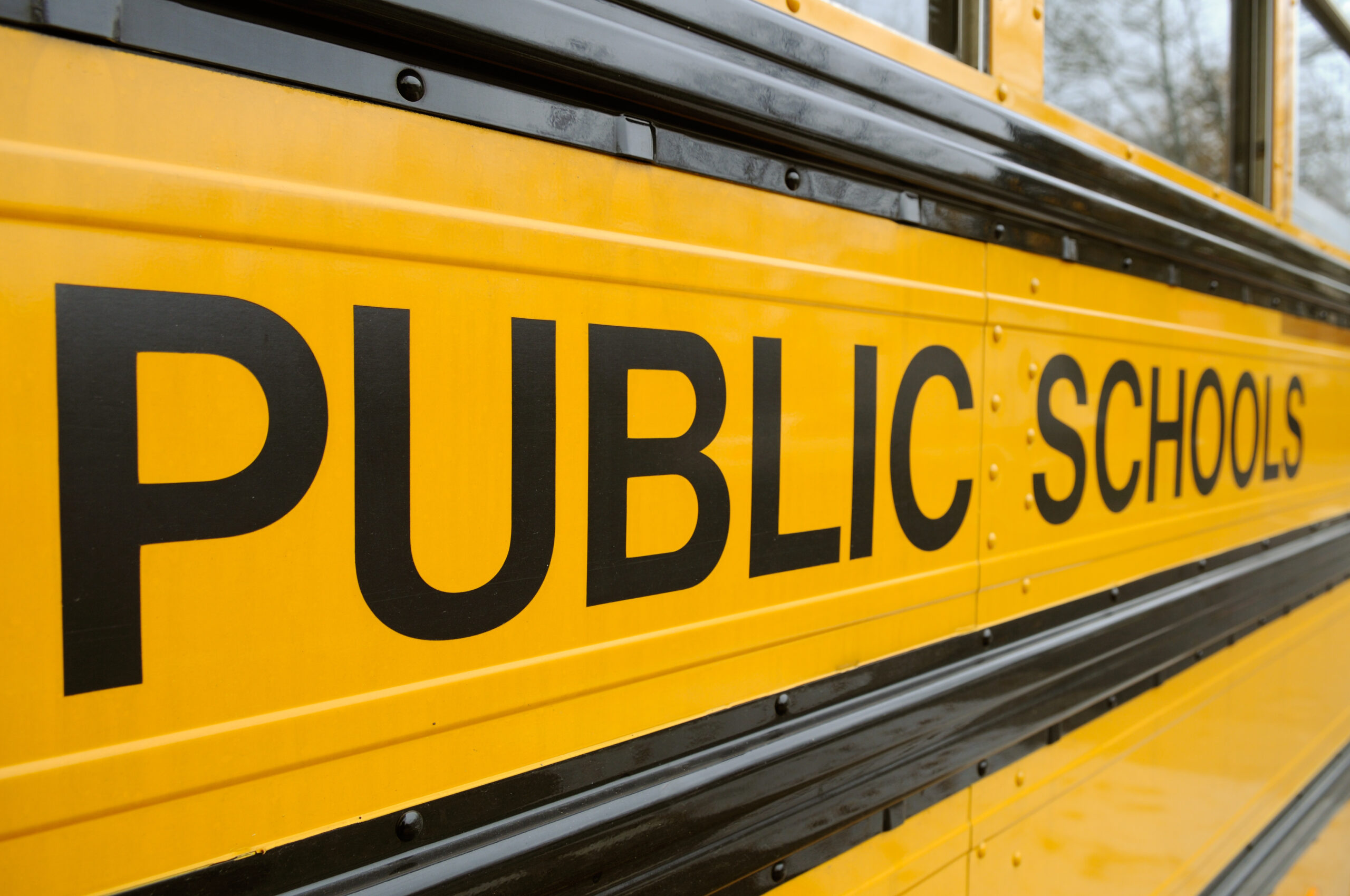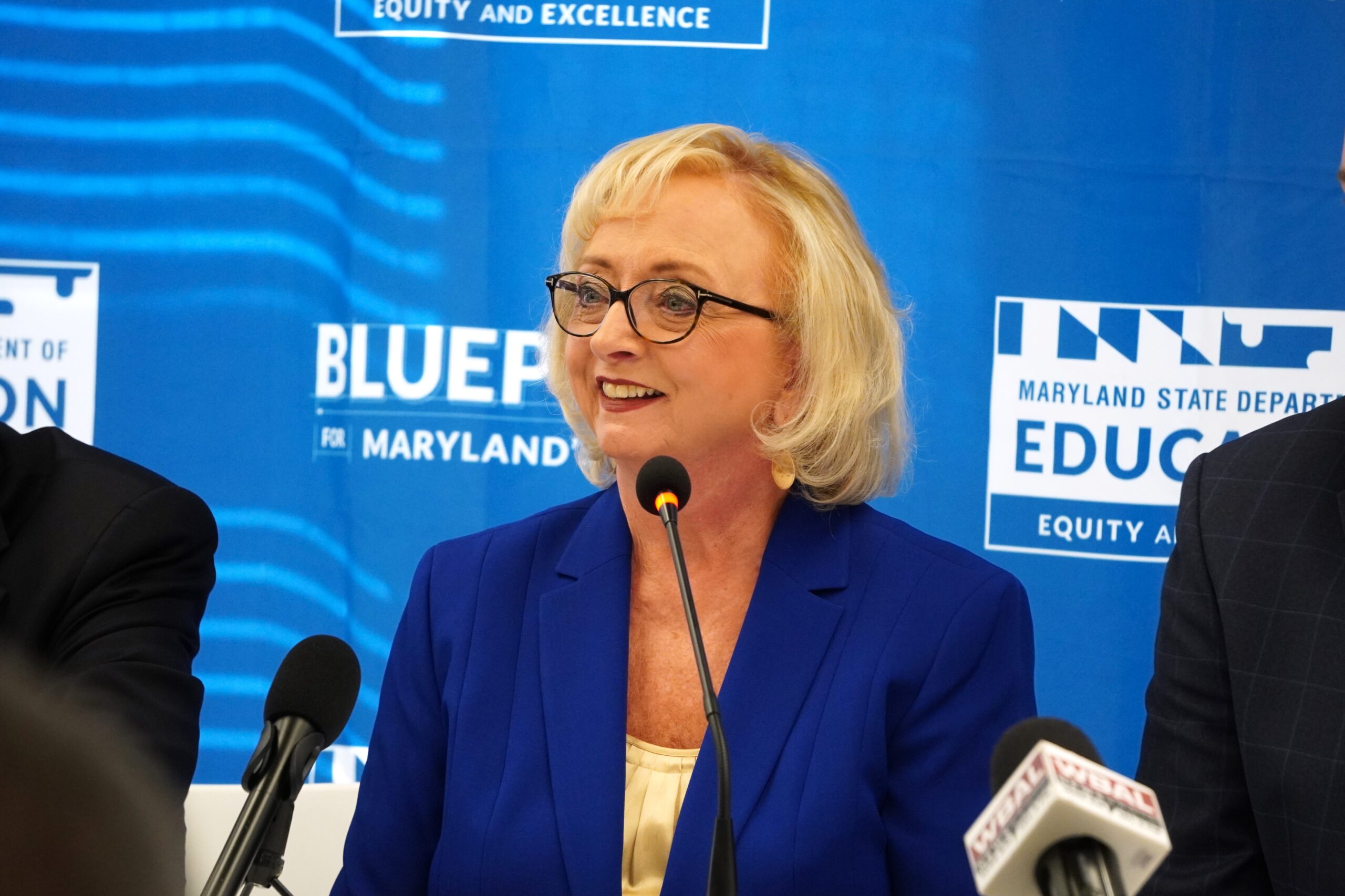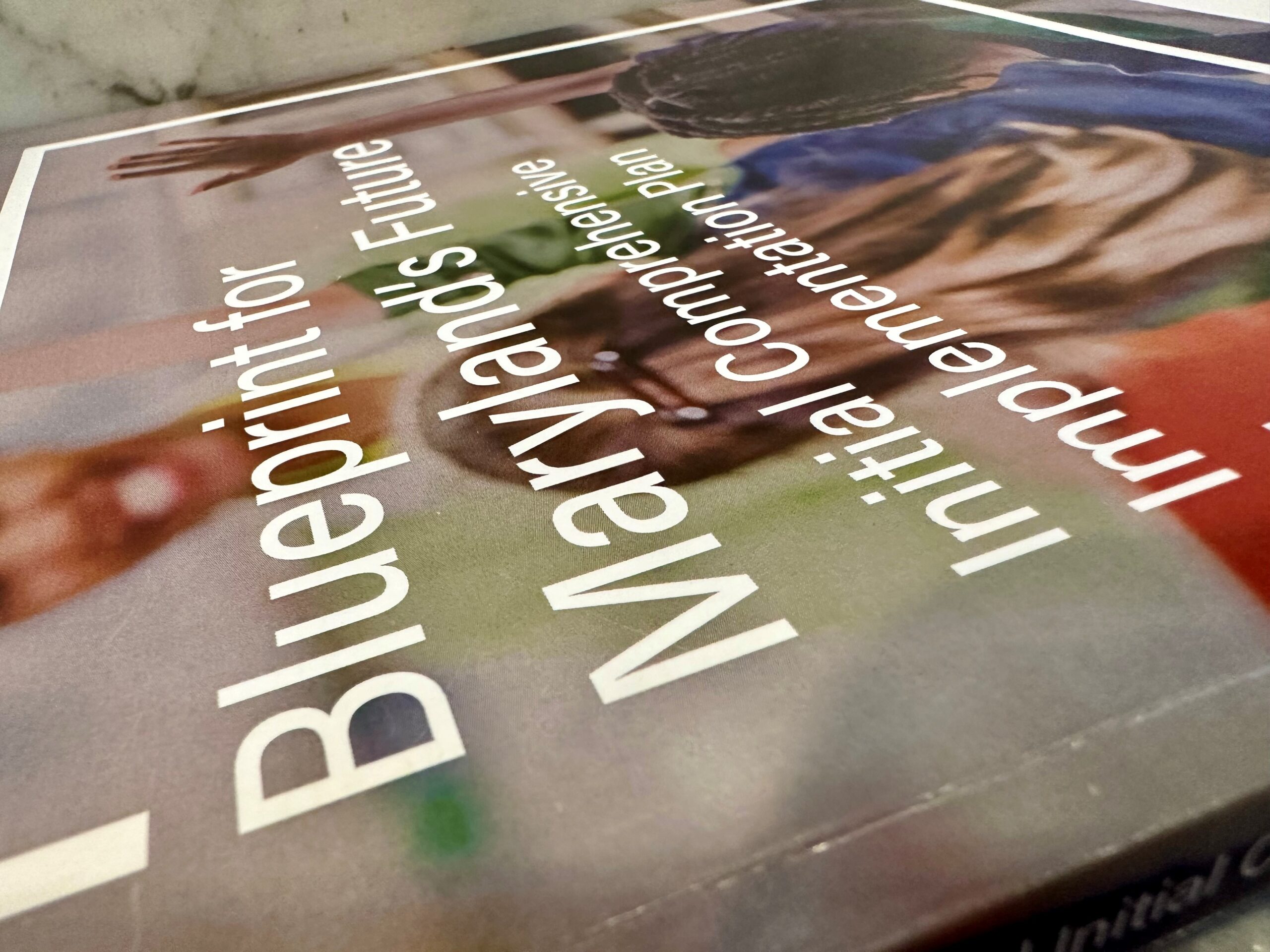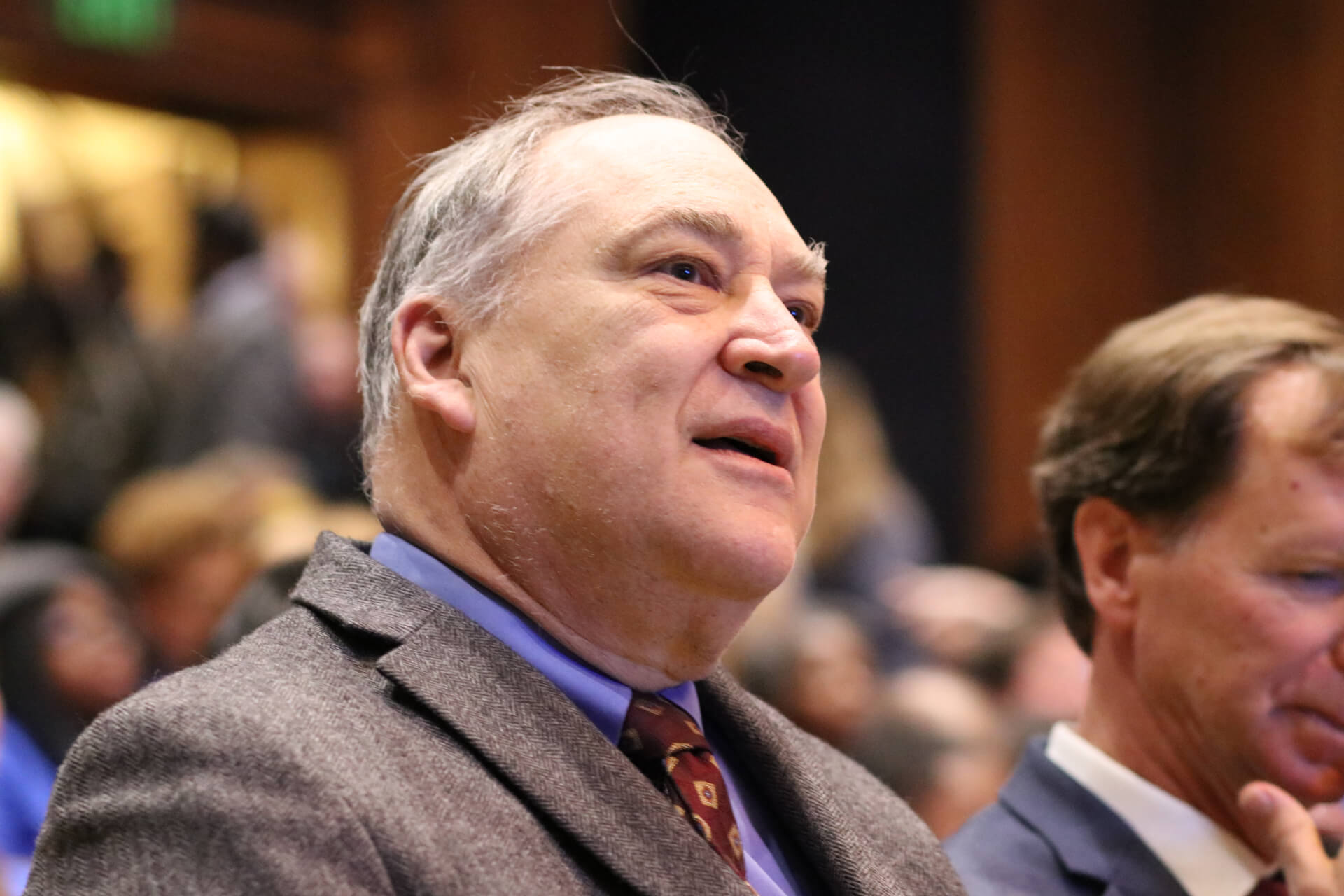MSEA president: 2024 session presents opportunities to advance public education goals

By Cheryl Bost
The writer is president of the Maryland State Education Association, the largest teachers union in the state of Maryland.
The 2024 Maryland General Assembly session presents exciting and important opportunities to continue partnering with a pro-public education governor and to build on the legislature’s commitment to public schools. Educators across the state are dedicated, passionate, professionals daily trying to navigate a historic educator shortage that not only has an effect on academic achievement but also emotional wellness and safety in our schools. It is incumbent on all of us to take actions now to ensure that we cannot only expand, but also diversify the teacher workforce so that all students can receive the support they deserve. We must also protect and pay education support professionals, who are critical to the success of our public education system. Maryland students deserve the best education by the best educators, and therefore a continued increased investment in our public schools is a must.
Our schools must be well-funded and a safe place where all children, no matter their economic status, race, gender, immigration status, or zip code learn to understand the present and prepare for the future. A disturbing effort is underway across the country, built on false narratives by some politicians and extremists, to ban books, whitewash history, and exclude parts of our diverse and beautiful citizenry. We must guard against these book bans and politicized censorship that limit the ability of our students to develop critical thinking skills and see themselves represented in our history books and curriculum. We want all students to feel supported and seen as they strive to reach their unique goals. Other states have set good examples with policies, including prohibiting the exclusion of materials “because of partisan or doctrinal disapproval.” Maryland should learn from this legislation and take action to prevent rampant book banning that harms our students and our democracy.
In the midst of these politicized attacks on what students can read and learn, educators are experiencing excessive workloads, and every school has shortages of teachers and education support professionals. School staff in every job category are essential: teachers, bus drivers, technology specialists, counselors, health techs, paraprofessionals, and others, and the pipelines to fill vital educator roles are insufficient. While we made progress last year in addressing staffing shortages through the Maryland Educator Shortage Reduction Act, more can be done this year, including:
- Expanding Grow-Your-Own Programs: Federal pandemic funds have paid for pilot grow-your-own educator programs around the state, but the funding ends in September, and it reached just a fraction of the thousands of potential educators who could benefit from this nationally recognized model to grow the teaching workforce. Grow-your-own programs that capitalize on education support professionals who want to become teachers are successfully filling teacher vacancies here and in other states. Education support staff who choose to become teachers are more likely than other teachers to stay longer in their teaching jobs, and they are more likely to represent the diversity of our students. Grow-your-own programs that support teachers from the support staff ranks have the potential to achieve the Blueprint goals of retaining and diversifying the teacher workforce. Maryland needs to legislate a statewide grow-your-own program this year.
- Grow and Diversify the Teaching Profession: Aspiring educators who could step into the profession encounter barriers in the racially and culturally biased standardized tests that serve as gatekeepers to the profession and that research has shown are not strong predictors of success as a teacher. That barrier runs counter to the Blueprint mandate of diversifying and expanding the teaching workforce. We can take action to have high standards while providing greater opportunities to recruit and retain the next generation of educators.
- Keep Educator Jobs in Our Communities: Support staff, teachers, and other student service providers have faced threats from privatization when school districts subcontract with private companies to perform essential school services. Too often, the support given to students has also declined when companies are brought into our schools that don’t know our students and communities and are primarily focused on making a profit. We need to sustainably increase school staffing, not subcontract it to for-profit companies. This session, MSEA will advocate to establish guardrails around when school districts face hiring needs and subcontract essential school services, including greater accountability and transparency from school districts and subcontractors.
- Strengthening the Blueprint: The Blueprint for Maryland’s future helps make the long overdue investment in public education. Updates to the Blueprint are necessary to eliminate inequities across job categories in the career ladder, and target positions that are in highest demand, such as behavioral health professionals, and reading specialists, and overall help reduce educator shortages.
State leaders have made strong and historic commitments to our public schools through thoughtful and long-term budget and policy actions. This session, we must stay true to that vision and goal of ensuring that every student in Maryland, no matter their neighborhood or background, has a great public school to attend where they can follow their dreams.



